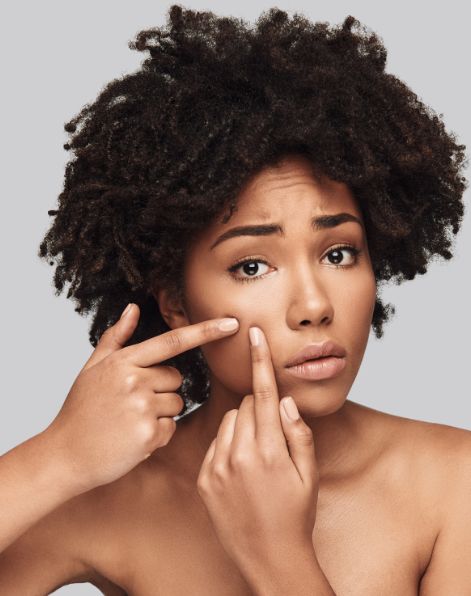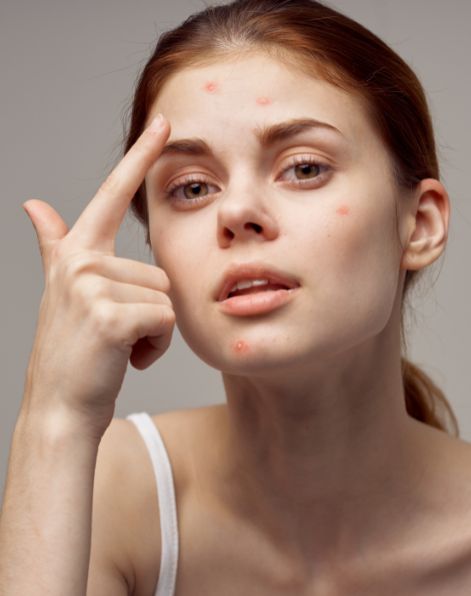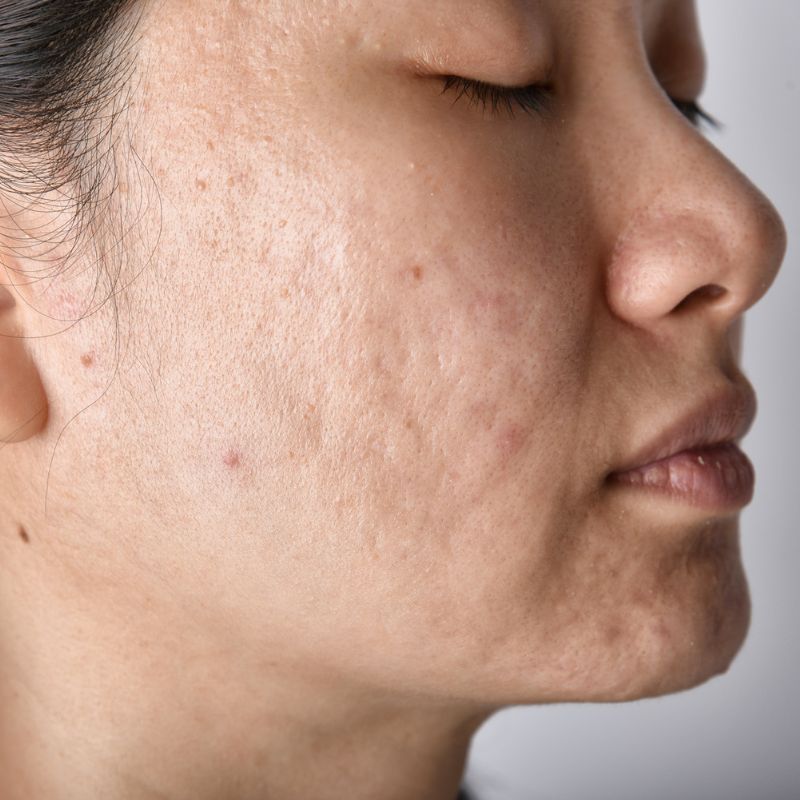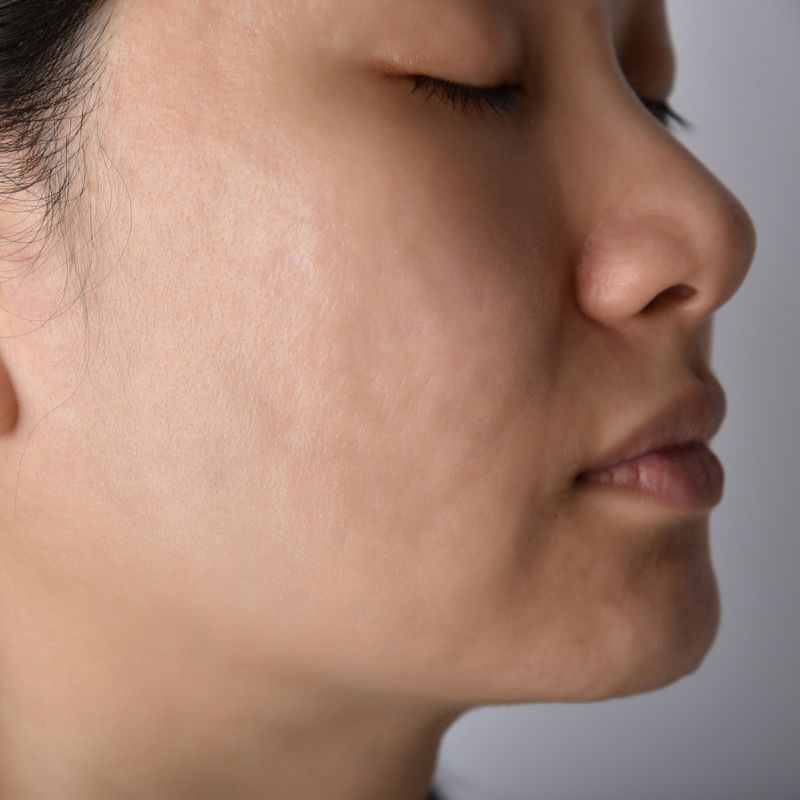Send us your enquiry
By clicking submit you are agreeing that you have read and understand Skinologic Clinic’s Privacy Notice


Acne and congestion is a common skin condition that occurs when hair follicles become clogged with oil and dead skin cells, leading to the formation of pimples, blackheads, whiteheads, or cysts. It can affect people of all ages, from teenagers to adults, and can have a significant impact on self-esteem and confidence.
Types of Acne:
Managing acne requires a comprehensive approach, including professional treatments like chemical peels, microneedling, and hydrafacials, along with a consistent skincare routine. Remember, everyone’s skin is unique, so consult with a skincare professional to determine the best treatment options for your specific needs. With dedication and the right approach, you can achieve clearer, healthier skin and regain your confidence.


Skincare for Acne
By clicking submit you are agreeing that you have read and understand Skinologic Clinic’s Privacy Notice
*Offer is only available for the first booking on all treatments. By subscribing you are agreeing that you have read and understand Skinologic Clinic’s Privacy Notice